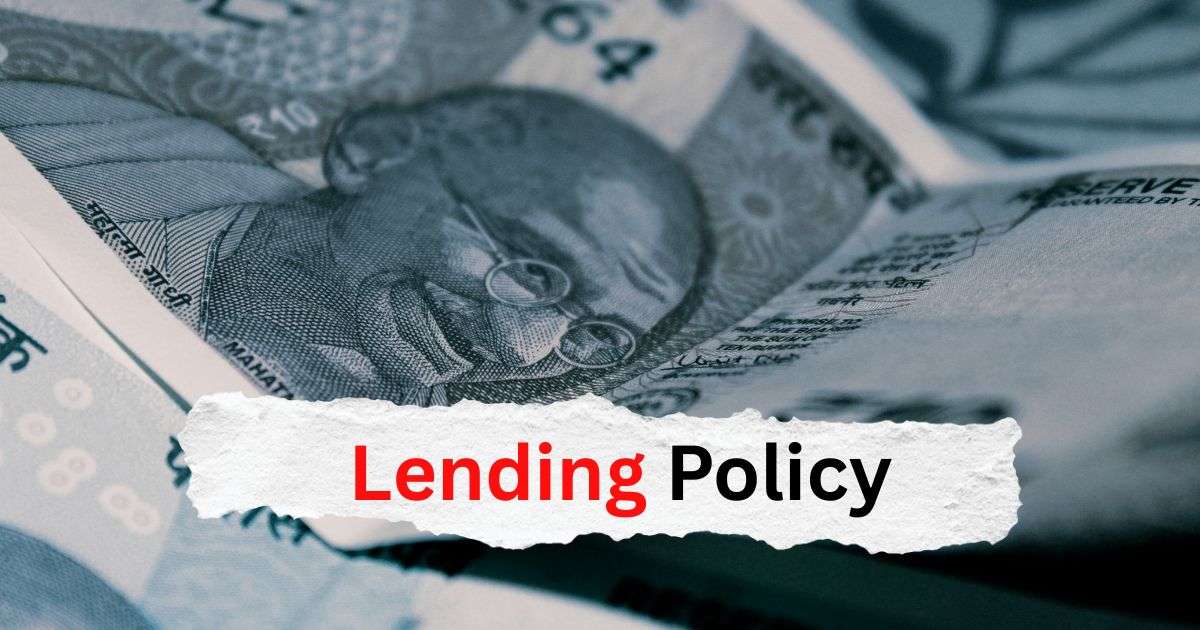Debt Resolution · 4 min read
Stuck in Debt? Causes & Solutions under Indian Law
Finances can be nightmares in today’s world, particularly when debts build up and become unmanageable. Such situations often trap individuals in endless cycles of financial distress. Escaping this requires understanding the causes of debt traps and seeking the right legal advice. Below, we’ve outlined key causes of debt traps and how Indian legal provisions can help overcome them.

Finances can be nightmares in today’s world, particularly when debts build up and become unmanageable. Such situations often trap individuals in endless cycles of financial distress. Escaping this requires understanding the causes of debt traps and seeking the right legal advice. Below, we’ve outlined key causes of debt traps and how Indian legal provisions can help overcome them.
1. Lack of Budgeting
Bad budgeting has been the breeding ground for most problems associated with debt. When money, income, and expenses are unplanned, a person tends to spend more than usual and quickly sinks into debt. Adding to this is the absence of tracking one’s expenditure or having an irregular source of income.
Legal Perspective: Although not a legal compulsion, Indian financial institutions and credit counselors emphasize the need for budgeting. The RBI and almost every financial education program in the country earmark budgeting as essential for financial health. If necessary, seek the services of counseling or professional financial advisors to establish a more realistic budget and debt repayment schedule.
2. High-Interest Loans
High-interest loans, as with credit card debt, tend to trap people in repayment cycles. For most borrowers, high interest rates prevent the effective reduction of the principal, which results in debt continuing to grow over time.
Legal Perspective: The RBI governs the interest rates that banks and financial institutions charge. If you feel your interest rates are excessively high, you can approach the RBI or a court of law. In fact, the RBI has norms to prevent predatory lending and protect consumers.
3. Unexpected Expenses
Life is completely unpredictable, and a medical emergency or car repair can suddenly drain your savings overnight. Without an emergency fund, these costs can quickly make you a significant debtor.
Legal Perspective: Indian law does not offer protection against unforeseen expenditure but considers financial emergency planning important. If unforeseen events prove unmanageable, the IBC can be used for relief. For legal help to understand your options under the IBC and other applicable laws, you can consult legal professionals.
4. Over-Reliance on Credit
Over-reliance on credit can quickly build up debt. Using credit cards and loans to finance current expenses can lead to a rapid accumulation of debts. High reliance on credit makes it even harder to manage finances and pay off debts, especially with successive extensions of credit limits.
Legal Perspective: Although there is no direct law prohibiting the use of credit in India, the RBI regulates the credit industry. The RBI enforces fair practices for credit card companies. If you find yourself in heavy credit card debt, legal advice may help you explore debt restructuring or settlement with creditors.
5. Lack of Financial Literacy
Problem: Many people get stuck in debt due to a lack of financial knowledge, which leads to poor money and debt management. They may not fully understand how interest rates, loans, and credit work.
Legal Perspective: Even though financial education is not legally compulsory, the RBI and other financial institutions have developed resources and programs to enhance financial literacy. Financial advisors or legal consultants can guide you in making better financial decisions to avoid debt problems.
Seeking a Professional Consultation
If you’re facing too much debt, it’s essential to seek professional advice from a lawyer or financial advisor. Legal consultants can clarify your rights, negotiate with creditors, and help determine if bankruptcy or debt restructuring under the IBC is appropriate. They will assist you in formulating a pragmatic plan to control and liquidate your debt.
Conclusion
Understanding what creates a debt trap and knowing where to seek help are critical steps toward financial recovery. Addressing issues like lack of budgeting, high-interest loans, surprise expenses, over-dependence on credit, and limited financial knowledge can help you regain control of your finances and move toward a better financial future.



